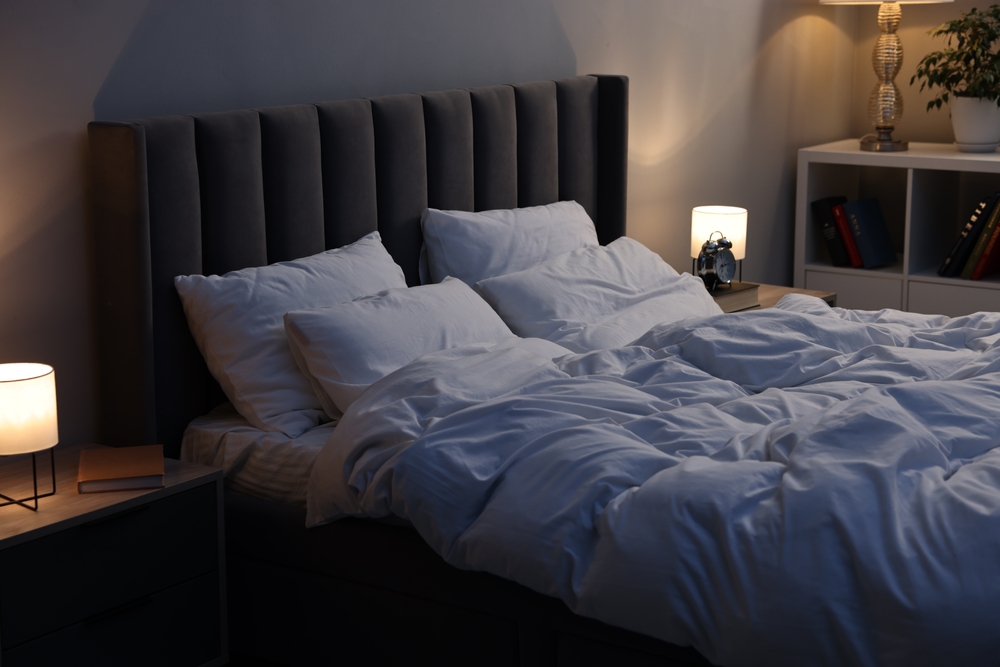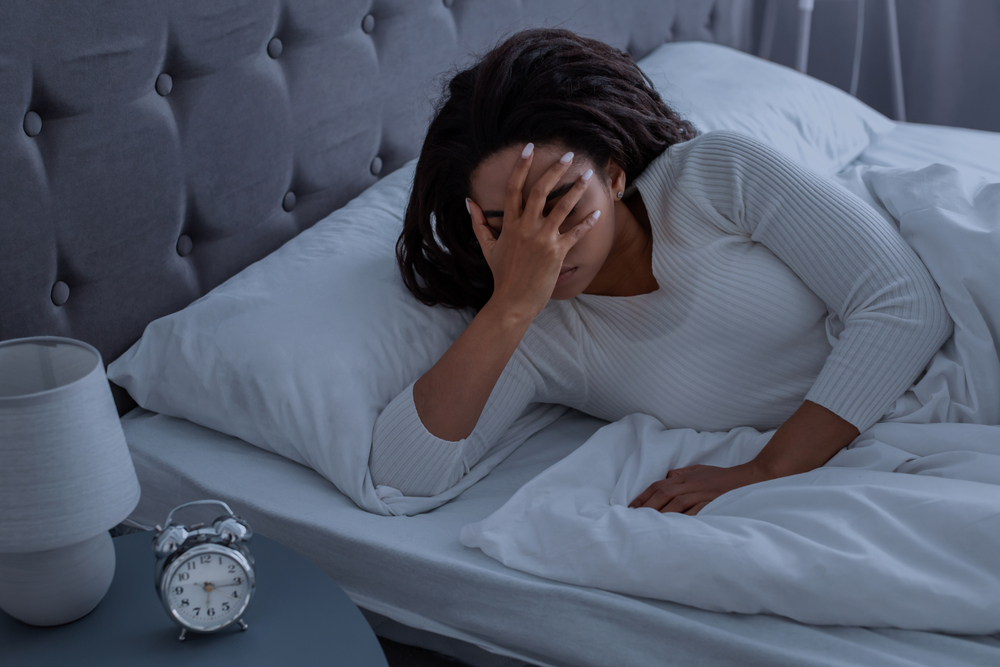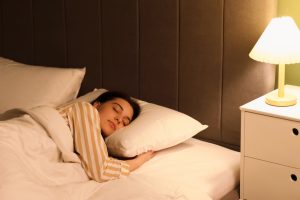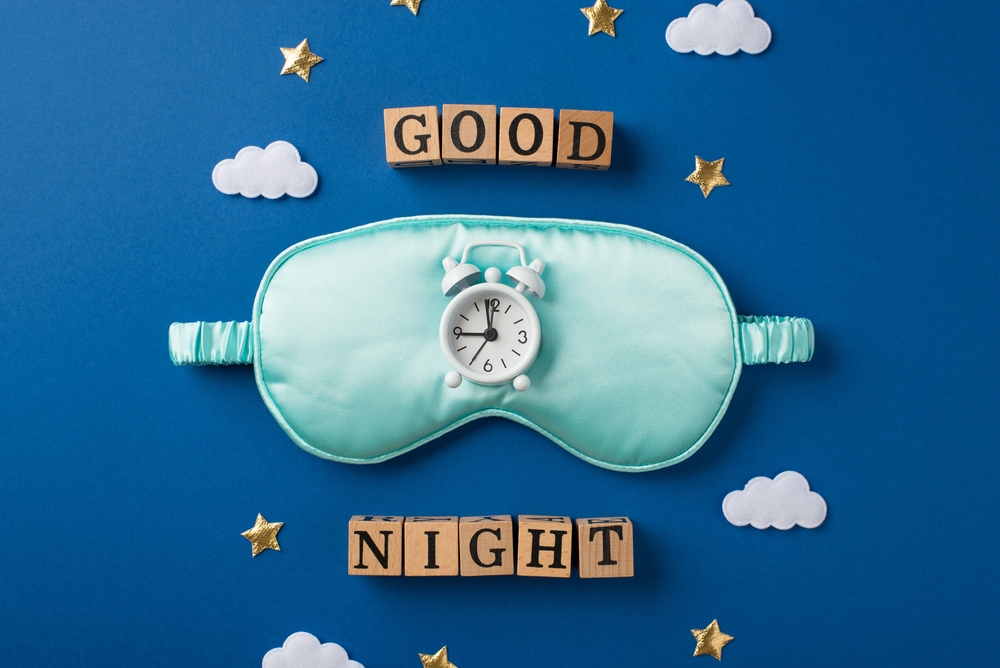Age-Related Sleep Changes: What to Expect and How to Adapt
Age-Related Sleep Changes: What to Expect and How to Adapt

From 20 to 70: How Sleep Changes as You Age
Are you struggling with sleep changes that seem to worsen with each passing year? You’re not alone. Age-related sleep disruptions affect millions of people, but they don’t have to be an inevitable part of getting older. Dr. Simmons at the Encino Center for Sleep & TMJ Disorders understands how sleep patterns evolve throughout life and specializes in helping patients navigate these changes successfully.
Whether you’re dealing with sleep apnea, TMJ-related sleep issues, or other age-related sleep challenges, professional guidance can restore your nights and revitalize your days. Call our sleep specialists in Encino, CA, at (818) 300-0070 to discover how personalized sleep solutions can transform your quality of life.
Understanding Normal Sleep Architecture
Sleep occurs in cycles that repeat throughout the night, each lasting roughly 90 minutes. These cycles consist of light sleep, deep sleep, and REM (Rapid Eye Movement) sleep. In younger adults, deep sleep makes up about 20% of total sleep time, while REM sleep occurs in longer periods toward morning.
This organized sleep architecture serves as our baseline for understanding how things change as we age. The key is recognizing that some changes are completely normal, while others may indicate treatable conditions.
Sleep in Your Teens and 20s
During adolescence and young adulthood, sleep patterns are characterized by natural shifts in circadian rhythms. Teenagers experience a biological delay in their sleep-wake cycle, making them naturally inclined to stay up later and wake up later. This isn’t laziness—it’s biology.
Young adults typically enjoy high sleep efficiency with quick sleep onset, abundant deep sleep (up to 25% of total sleep time), and strong circadian rhythms. They also have a remarkable ability to recover quickly from sleep deprivation. However, lifestyle factors like irregular schedules, caffeine, alcohol, and screen time can disrupt these natural advantages.
Sleep Changes in Your 30s and 40s
The first subtle shifts in sleep patterns often begin in the third and fourth decades of life. During this period, the amount of deep sleep begins to decrease gradually, dropping by about 2% per decade. This reduction means that sleep may feel less restorative, even if total sleep time remains the same.
Life circumstances during these decades often compound these biological changes. Career pressures and financial responsibilities create chronic stress, while young children disrupt sleep schedules. Many people report difficulty “turning off” the mind at bedtime, and for women, early perimenopause signs may cause occasional night sweats and mood changes.
Sleep Transformations in Your 50s and 60s
The 50s and 60s often bring more noticeable sleep changes, particularly for women navigating menopause. The dramatic decline in estrogen and progesterone levels can cause hot flashes, night sweats, and mood disturbances that significantly impact sleep quality.
Common changes during this stage include increased sleep fragmentation with frequent awakenings, the emergence of sleep disorders like sleep apnea and restless leg syndrome, hormonal changes affecting both men and women, and medication side effects from treatments for conditions like high blood pressure, diabetes, or depression.
Sleep in Your 70s and Beyond
By the 70s and beyond, sleep changes become more pronounced. The circadian rhythm shifts earlier, causing many older adults to feel sleepy in the early evening and wake up very early in the morning. Total sleep time often decreases to 6-7 hours per night.
Key characteristics of sleep in later years include decreased sleep efficiency (more time lying awake), increased daytime napping needs, greater impact from chronic health conditions and medications, and more frequent nighttime awakenings.
The Science Behind Age-Related Sleep Changes
Several biological mechanisms drive these sleep changes. The brain structures that regulate sleep become less efficient with age, while melatonin production decreases. The suprachiasmatic nucleus, which controls our circadian rhythms, becomes less responsive to light cues.
Additionally, the body’s temperature regulation changes, making it harder to achieve the slight drop in core body temperature that normally occurs before sleep onset. The sleep-wake homeostatic system also becomes less robust, meaning the drive to sleep may be weaker.
Adapting Your Sleep Environment
As sleep patterns change, optimizing the sleep environment becomes increasingly important. The bedroom should be cool, dark, and quiet, but older adults may need special attention to these factors.
Environmental modifications to consider:
- Blackout curtains or eye masks for light sensitivity
- White noise machines or earplugs for sound disruption
- Cooler bedroom temperature than previously preferred
- Supportive mattress and pillows for joint comfort
- Nightlights and clear pathways for safety during nighttime bathroom visits
Lifestyle Strategies for Better Sleep at Any Age
Regular exercise remains one of the most effective ways to improve sleep quality, though timing and intensity may need adjustment with age. Vigorous exercise should be completed at least 3-4 hours before bedtime to avoid stimulation.
Key lifestyle strategies include:
- Avoiding large meals, caffeine, and alcohol close to bedtime
- Managing fluid intake (limit 2-3 hours before sleep)
- Stress management through meditation, deep breathing, or gentle yoga
- Keeping a bedside journal to write down worries or tomorrow’s tasks
When to Seek Professional Help
While many sleep changes are normal, some symptoms warrant professional evaluation. Loud snoring, gasping for air during sleep, or extreme daytime fatigue may indicate sleep apnea. Persistent insomnia lasting more than a few weeks, especially if accompanied by mood changes, should be evaluated by a healthcare provider.
Treatment options are diverse and often highly effective, including cognitive behavioral therapy for insomnia (CBT-I), CPAP therapy for sleep apnea, and careful medication management when appropriate.
Take Action for Better Sleep at Our Encino Sleep Center
If you’re experiencing sleep challenges that are affecting your daily life, don’t wait to seek professional help. Age-related sleep changes are manageable with the right guidance and treatment approach. Dr. Simmons at the Encino Center for Sleep & TMJ Disorders specializes in helping patients of all ages optimize their sleep quality and address sleep-related concerns. Whether you’re dealing with sleep apnea, TMJ-related sleep disruption, or other sleep disorders, professional evaluation can make a significant difference in your quality of life. Call (818) 300-0070 to schedule a consultation and take the first step toward better sleep and improved overall health.
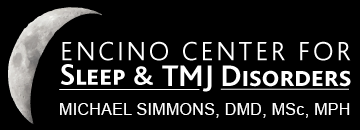
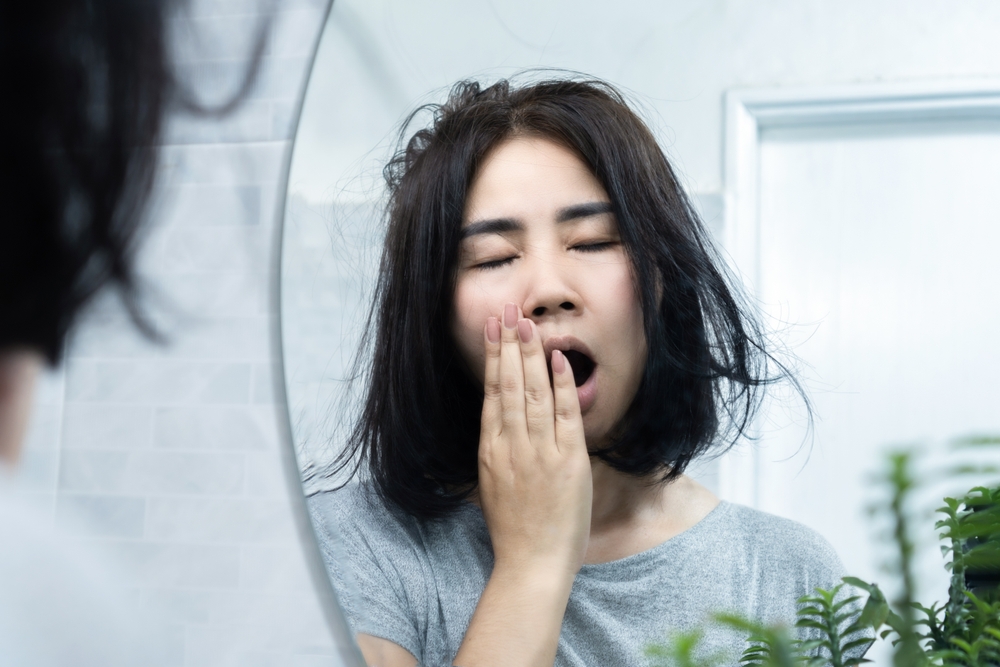 What Are Sleep Disorders?
What Are Sleep Disorders?




